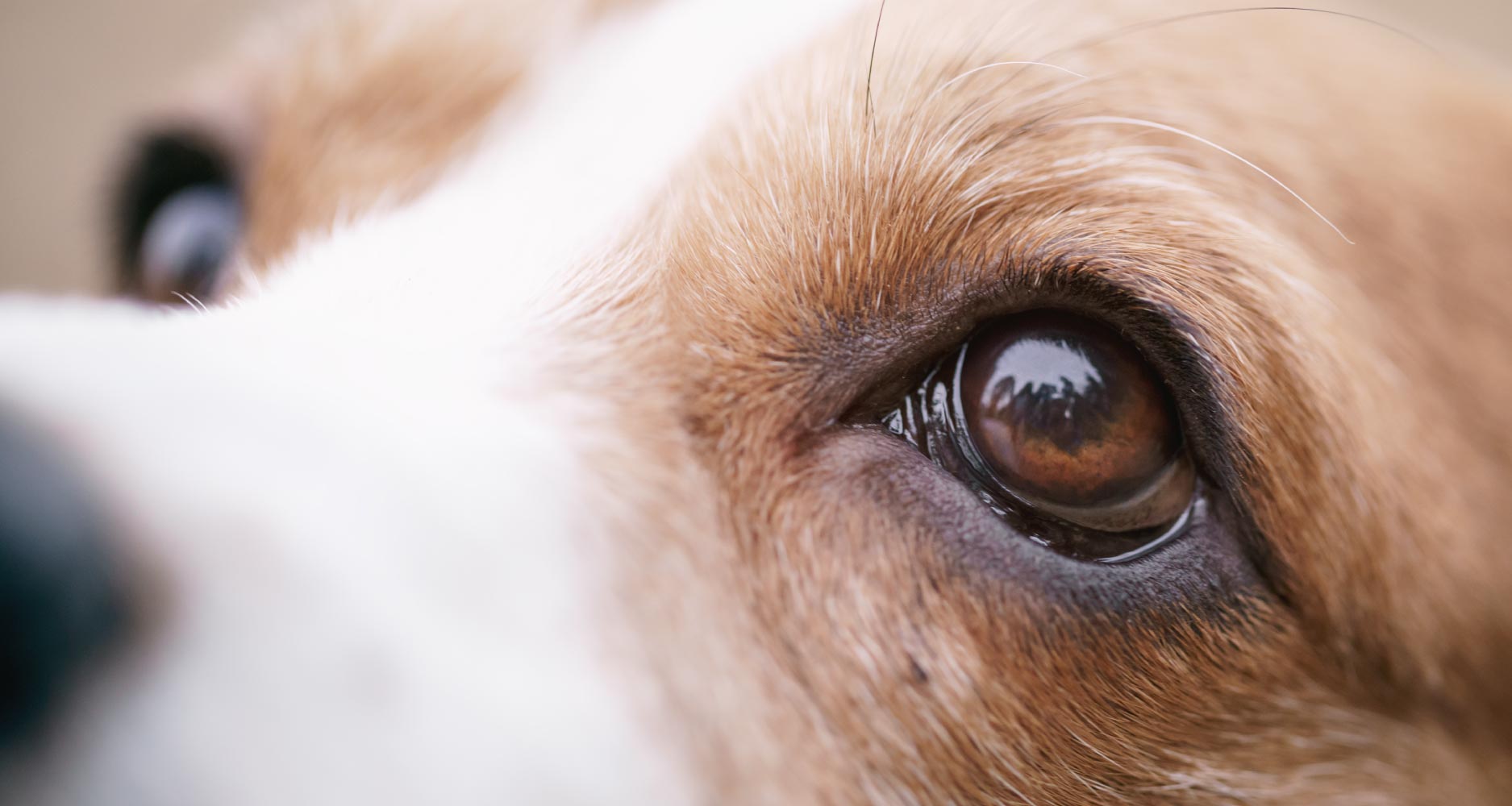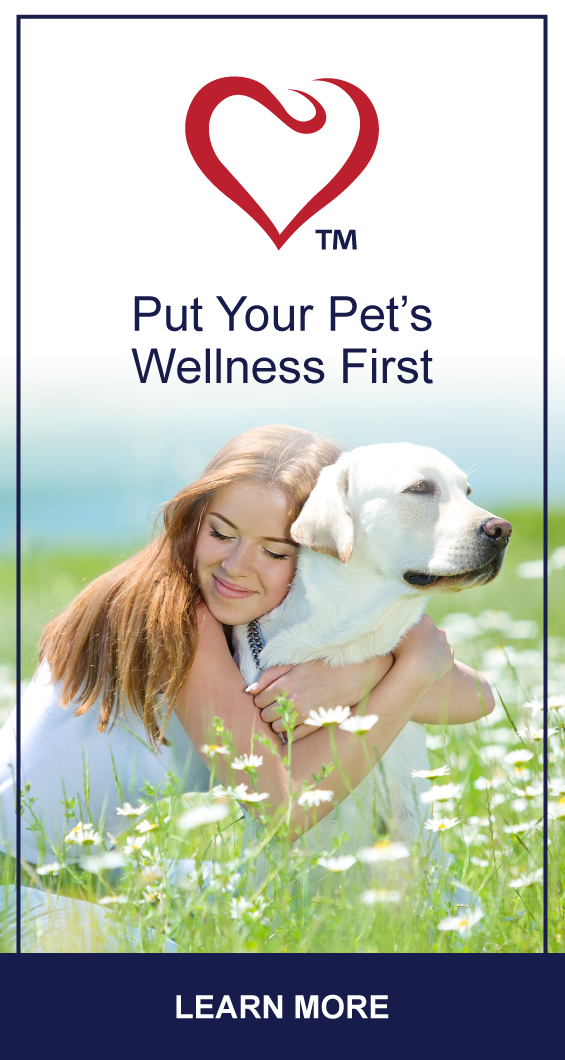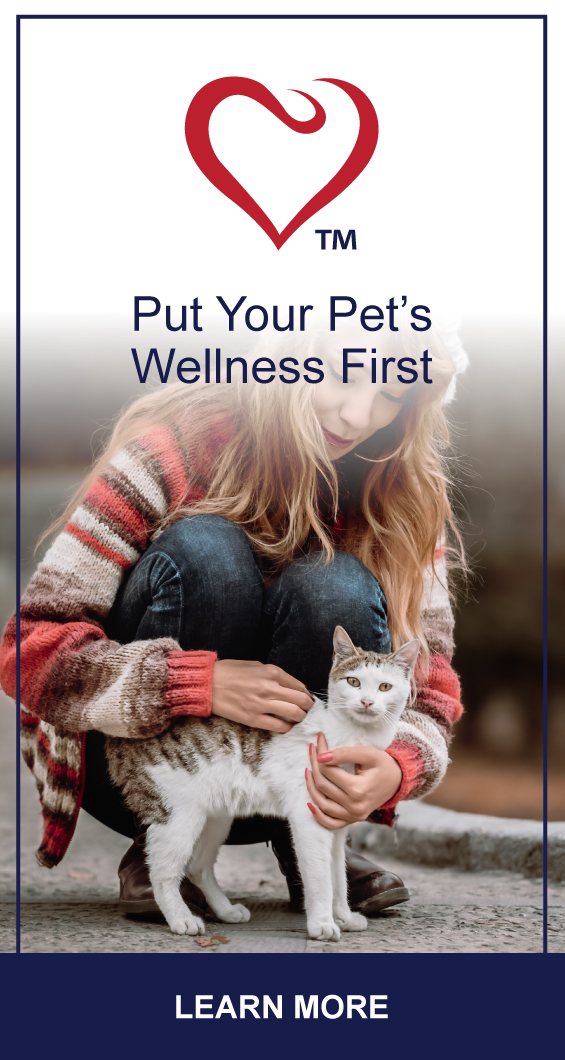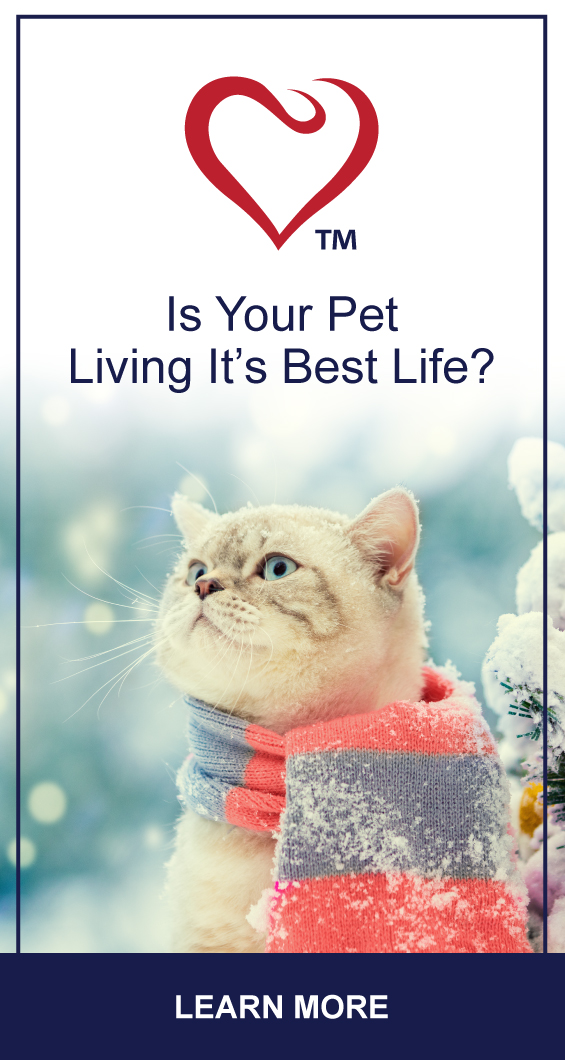HEALTH & WELLNESS

TRENDING

SIGN UP and Start Receiving
Our Monthly Newsletter,
The Chronicles
A List of Common Eye Conditions in Canines: Part 1

Dogs’ eyes are very important organs that help them form images of the world. Threats to healthy eyes include injuries, conditions and diseases.
The following are considered common eye conditions in canines:
- Blepharospasm
Blepharospasm means involuntary blinking or twitching of the eyelids. Rather than a condition or disease, blepharospasm is a clinical indicator of an eye-related problem. Signs and symptoms of blepharospasm include red, swollen and/or itchy eyelid(s); spasmodic blinking; scratching or rubbing of the face or eyelids; eye discharge; crusty or flaky eyelid skin; and pimple-like bumps.
- Cataracts
The eye lens is the transparent structure behind the pupil. Cataracts cause the eye lens to appear cloudy or bluish-gray. The condition can cause pressure and vision problems, including blindness.
- Cherry Eye
Dogs have one hidden and two visible eyelids. The concealed one hides in your dog’s inner eye corner. Ligaments keep it in place but an inherited weakness can cause it to ‘pop’ out. Cherry eye requires treatment.
- Conjunctivitis (Pink Eye)
The conjunctiva is a mucous membrane found inside the eyelids. When it becomes inflamed we call it conjunctivitis, or pink eye. There are several causes. Signs include blepharospasm (see above), redness, eye discharge and swelling. - Corneal and Scleral Wounds
The eye’s outer, clear tissue (that sits in front of the iris and pupil) is called the cornea. The white outer layer of the eyeball is called the sclera. Both are delicate and certain objects or incidents can cause corneal or scleral abrasion. Types of wounds include cuts, punctures and ulcers. A red, watery eye is often a sign of injury.
THAT’S IT FOR PART 1!
Find out more about the following conditions in Part 2:
- Entropion
- Glaucoma
- Keratoconjunctivitis Sicca (Dry eye)
- Lens Luxation
- Progressive Retinal Atrophy (PRA)
If you think your dog might have an eye condition, be sure to consult your vet.
Related Articles










